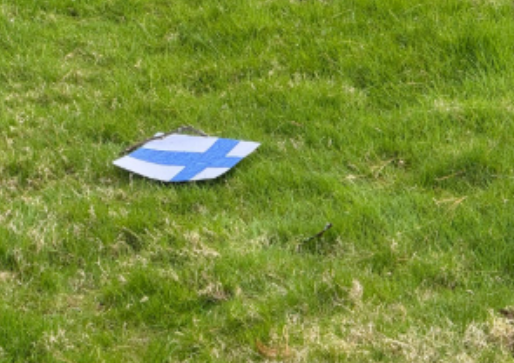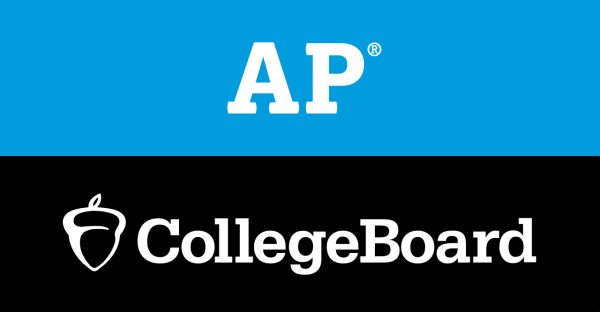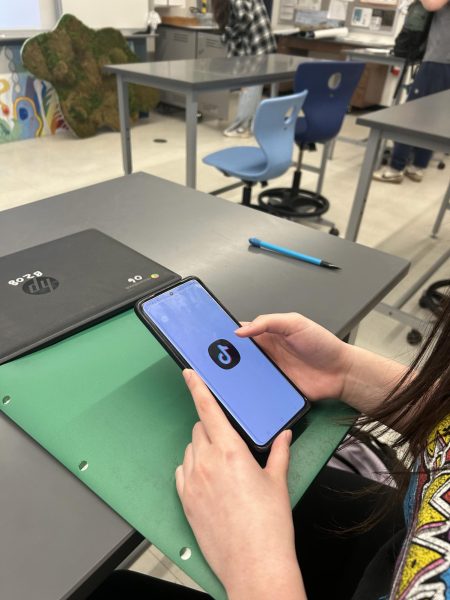In School Suspensions: Are They Effective?
In school suspensions are used at Hall high school for numerous reasons. The goal of using ISS and other restorative practices is to deter students from continuing the same behavior. During the school year 2018-19 Hall had 198 cases of in school suspensions. According to Mr. Coleman, the teacher watching and helping students in ISS, a lot of the students in ISS are there for attendance issues and for vaping
“Bad behavior” typically has the typical punishment of ISS or a detention, and this is usually coupled with an educational component or meeting with an adult. Ms. Hickey, an assistant principal at Hall, understands the ISS punishment is less likely to deter a student from repeating their behavior than the educational component they serve.
Although ISS is used in hopes that it will defer students from the behavior that got them there, that does not seem to be the case. One student, a junior at Hall High School who has been given an ISS multiple times, said he felt that ISS did nothing to help him. The ISS even kept him out of a class that he didn’t want to attend, saying “I mean, I’d rather be there (in ISS) than in class.”. This student who has mostly been in ISS multiple times for attendance and nicotine use, said the educational element of ISS has not been helpful in changing his actions in school. “If anything, it just makes me more sneaky. I think the only thing I gain from it is knowing right from wrong and what to hide from teachers,” explained the student.
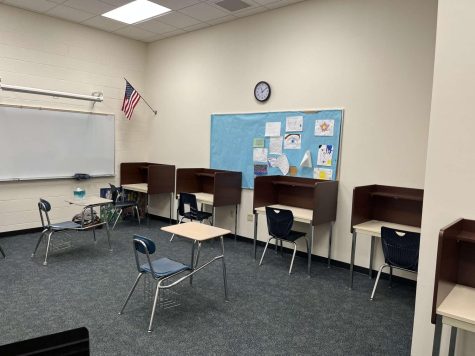
Mr. Coleman, the ISS teacher who oversees the kids in the classroom, said there are many kids who come in once and never come in again. However, there are also some kids who are sent to ISS very frequently. When asked if Mr.Coleman thinks that ISS is an effective consequence, he answered saying, “No, if that were true I would not get the same kids here over and over again.” Just last year there were 164 cases of ISS’s at Hall but only spread between 74 different students.
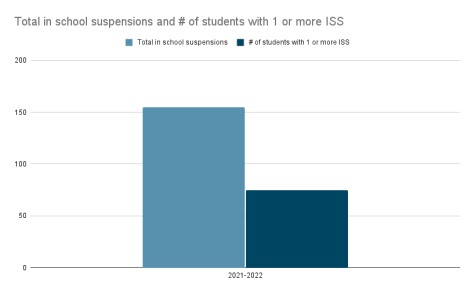
So what are some alternatives to an in school suspension? After asking students around the school who have been in ISS before, we found that they would like a more one-on-one experience with teachers and counselors to figure out more than just sitting in a small sized classroom all day. The American Institutes for Research studied discipline practices of middle and high school students attending New York City public school from 2009 to 2018. They found that “disciplining students through exclusion did not reduce future misbehavior for the disciplined students or their peers, nor did it result in improved academic achievement for peers or perception of positive school climate.” Which goes with what most students had voiced when talking about a more effective punishment. Those students are looking for a more connective, student-specific experience with a counselor or a close teacher and help them come up with a plan of action, so their school issue becomes less of a recurring problem in the future.

